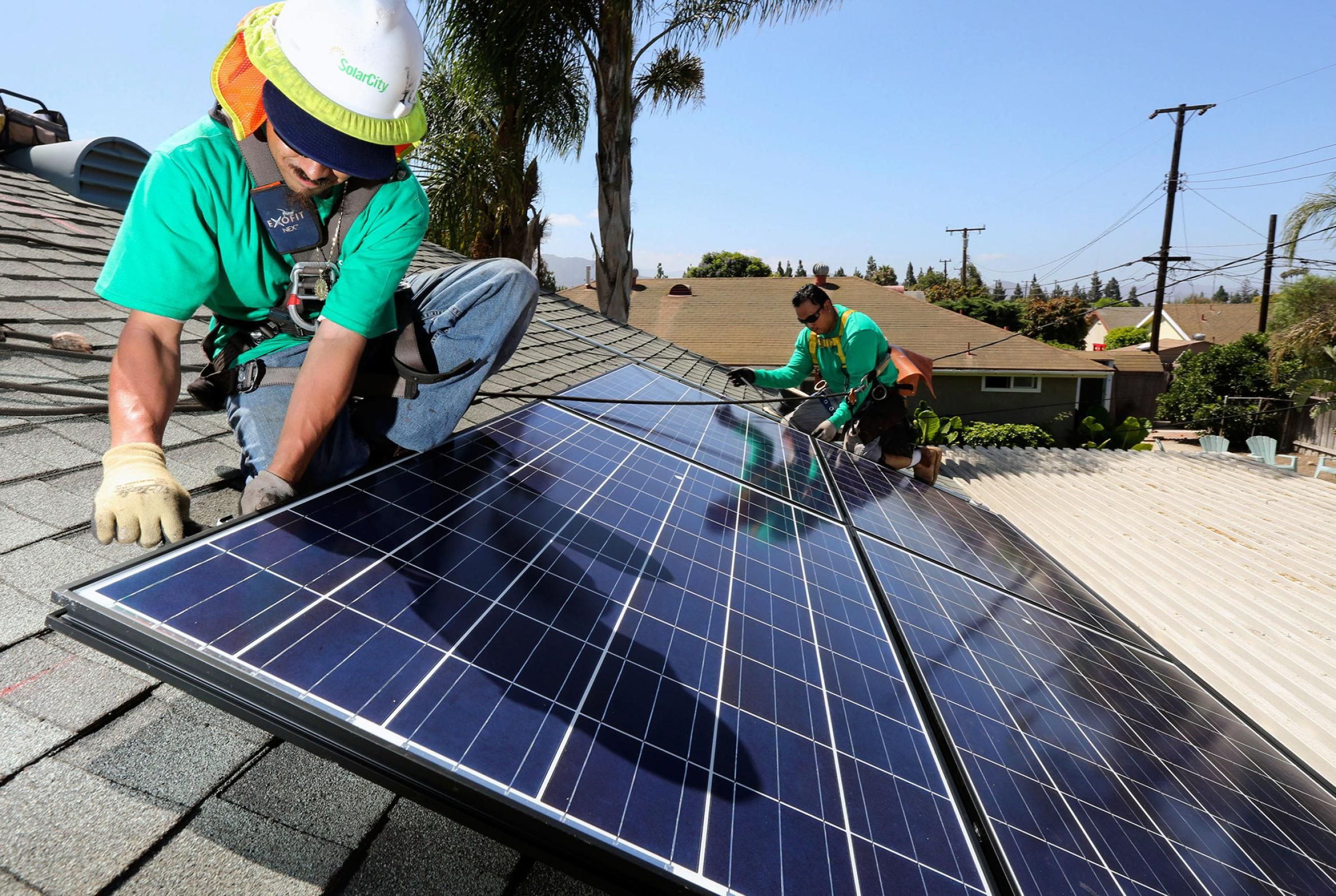Introduction To Solar Panel Price in Pakistan
As the world increasingly turns towards sustainable energy sources, solar panels have become a popular choice for residential and commercial energy solutions in Pakistan. The adoption of solar technology is not just a trend but a practical response to the country’s energy needs and environmental concerns. This article provides an in-depth look at solar panel price in Pakistan, including factors influencing the cost, the types of panels available, and the related cost of solar power inverters.
Understanding Solar Panels
Solar panels, also known as photovoltaic (PV) panels, convert sunlight into electrical energy. They are made up of numerous solar cells that generate electricity when exposed to sunlight. The efficiency and output of solar panels are key factors that influence their price.
Types of Solar Panels
-
Monocrystalline Panels: Made from a single silicon crystal, these panels are known for their high efficiency and long lifespan. They are typically more expensive but offer better performance and a sleeker appearance.
-
Polycrystalline Panels: These are made from multiple silicon crystals. They are generally less efficient than monocrystalline panels but are also less expensive. They are a popular choice for budget-conscious consumers.
-
Thin-Film Panels: Made from layers of photovoltaic material, these panels are lightweight and flexible. They are less efficient and degrade faster than crystalline panels but can be cheaper and more adaptable for various applications.
Solar Panel Prices in Pakistan
The cost of solar panels in Pakistan varies based on type, efficiency, and brand. As of 2024, here is a general overview of solar panel prices:
-
Monocrystalline Panels: Prices range from PKR 40,000 to PKR 60,000 per 300-watt panel. Higher efficiency and performance typically come with a higher price tag.
-
Polycrystalline Panels: These panels generally cost between PKR 30,000 and PKR 50,000 per 300-watt panel. They are more affordable but offer lower efficiency compared to monocrystalline panels.
-
Thin-Film Panels: The price for thin-film panels is typically between PKR 20,000 and PKR 40,000 per 300-watt panel. Their cost-effectiveness makes them suitable for specific applications but less ideal for high-efficiency needs.
If you want to know more information about solar power inverter price in Pakistan sun life solar.
Factors Influencing Solar Panel Prices
-
Quality and Brand: Higher quality panels from reputable brands tend to cost more but offer better performance and durability.
-
Panel Efficiency: More efficient panels convert more sunlight into electricity, which can reduce the number of panels needed and influence overall costs.
-
Installation Costs: The cost of installing solar panels can vary based on the complexity of the installation, the type of roof, and the location. Installation costs typically range from PKR 50,000 to PKR 100,000.
-
Government Incentives: The Pakistani government offers various incentives and subsidies for solar energy projects, which can reduce the overall cost of solar panel systems.
-
Market Demand: Fluctuations in market demand and supply chain issues can affect solar panel prices. Import tariffs and exchange rates also play a role in determining costs.
Solar Power Inverter Prices in Pakistan
A solar power inverter is a crucial component of a solar energy system, converting the direct current (DC) generated by solar panels into alternating current (AC) used by household appliances. The cost of solar power inverters in Pakistan varies based on capacity, type, and brand.
-
String Inverters: These are the most common type of inverters and are suitable for small to medium-sized solar installations. Prices typically range from PKR 30,000 to PKR 80,000, depending on capacity and efficiency.
-
Microinverters: Microinverters are installed on each solar panel, offering higher efficiency and performance, especially in shaded or unevenly lit areas. Prices for microinverters range from PKR 20,000 to PKR 60,000 per unit.
-
Hybrid Inverters: Hybrid inverters combine solar and battery storage systems, providing a more versatile solution. Prices range from PKR 80,000 to PKR 150,000, reflecting their advanced features and higher capacity.
-
Off-Grid Inverters: These inverters are used in solar systems not connected to the grid and often include battery storage. Prices for off-grid inverters can range from PKR 60,000 to PKR 120,000.
Cost Considerations for a Complete Solar System
When planning a solar energy system, it’s essential to consider all components beyond just the solar panels and inverters. The total cost of a solar system includes:
-
Solar Panels: Based on the required capacity, the cost will vary. For a typical household, a 5 kW system might include around 15-20 panels, costing between PKR 600,000 and PKR 1,000,000.
-
Inverters: Depending on the type and capacity, the inverter costs will range between PKR 30,000 and PKR 150,000.
-
Batteries: If you opt for a battery storage system, prices can range from PKR 50,000 to PKR 200,000, depending on capacity and type.
-
Mounting and Wiring: Installation materials, including mounting brackets and wiring, can add an additional PKR 50,000 to PKR 100,000 to the total cost.
-
Installation Costs: Professional installation services are necessary to ensure proper setup and operation. Installation costs typically range from PKR 50,000 to PKR 100,000.
Return on Investment and Savings
Investing in solar panels offers long-term savings on electricity bills. The payback period for a solar panel system in Pakistan is usually between 5 to 7 years, depending on the system size, local electricity rates, and government incentives. Solar panels typically have a lifespan of 25 years or more, providing significant savings and environmental benefits over their lifetime.
Conclusion
Solar energy presents a viable and eco-friendly solution to Pakistan’s energy challenges. While the initial cost of solar panels and inverters might seem high, the long-term benefits, including reduced electricity bills and environmental impact, make it a worthwhile investment. By understanding the current prices and considering the factors that influence costs, consumers can make informed decisions about their solar energy needs.
As solar technology continues to evolve, prices are expected to become more competitive, further encouraging the adoption of renewable energy solutions in Pakistan.

